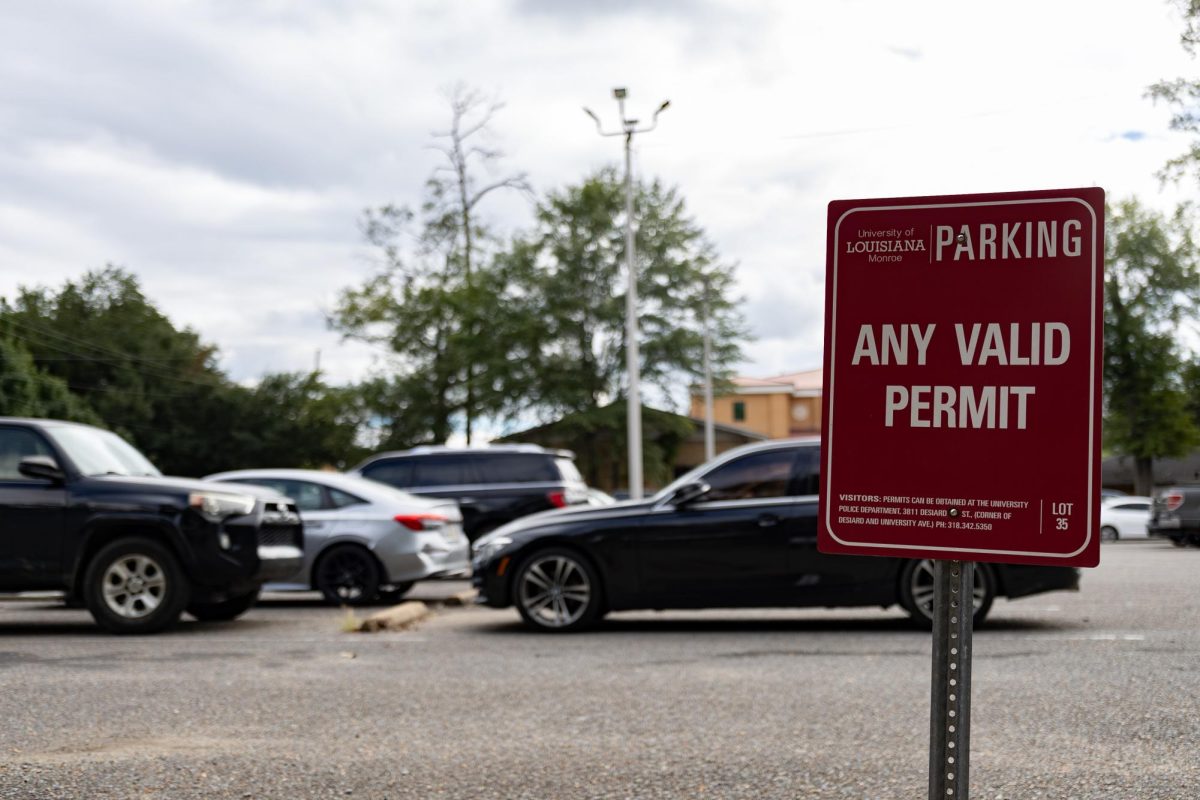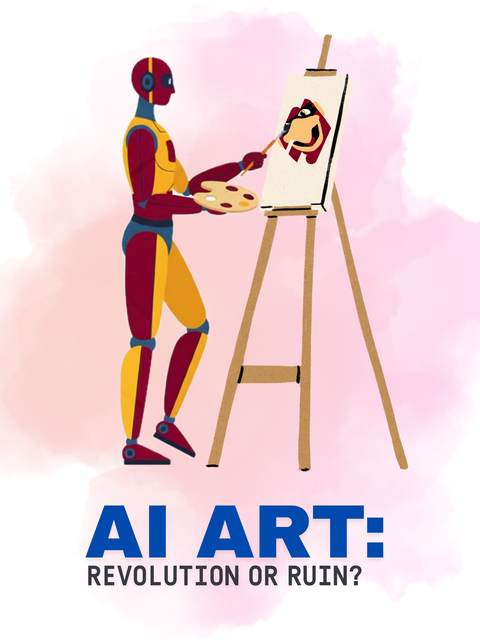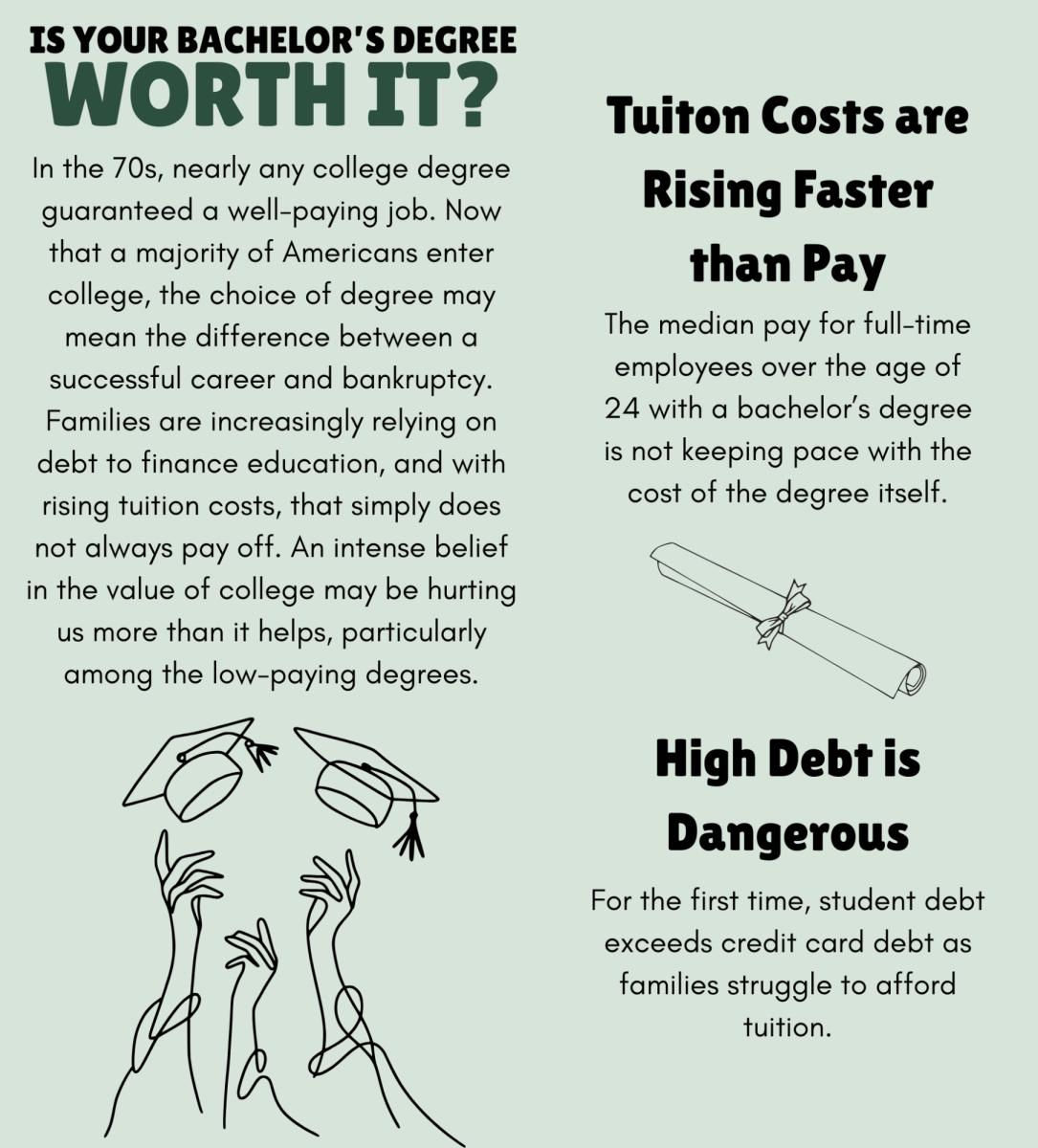One of the biggest differences between undergrad and graduate school besides the price is the consideration of student time and convenience. While some of these practices could be difficult to apply to undergraduate programs, imitating some of these policies would make classes more accessible and productive.
At ULM’s College of Pharmacy (COP), all lectures are recorded and posted on Canvas. This is very different from undergrad, where it is not uncommon to encounter professors who insist on keeping the slides hidden. Senior chemistry major Brooke Barrot recounts one such experience.
“I remember taking a certain professor that wouldn’t post her PowerPoint slides at all,” Barrot said. “She expected us to attend every lecture to be able to take notes, and even when attending we couldn’t take pictures of the slides. I hated it. If you were sick for one day, you had no hope of catching up completely. It just made the whole class unnecessarily stressful.”
As someone with chronic illnesses, I find that posting lectures not only helps me study, but it helps to improve my quality of life by taking away the stress of missing class due to a flare up. This doesn’t just benefit disabled people—my peers and I do not have to worry about falling behind during the upcoming cold and flu season.
“The lectures being posted makes me less worried about missing a lecture due to illness or other concerns, since I can always watch it later,” first year pharmacy student Raylene Rankins said.
At the COP, students benefit from the technology required to capture both the screen and the professor’s speech. Unfortunately, even if some undergraduate professors wanted to post lectures, some classrooms are simply not equipped for it.
Another major difference is the amount of homework; unlike the overwhelming load common in undergrad, it is rare for us to have more than a couple of minutes worth of graded things to do outside of class.
Without Connect assignments with 100+ concepts and Pearson problems without the ‘help me solve this’ option to take up our time, we have more time to focus on actual studying.
Our professors do occasionally assign ungraded homework; Even though skipping over it doesn’t impact grades at all, most of my peers do the work anyway. Why? Because it helps us learn. By assigning thoughtful, unobtrusive homework instead of mind-numbingly long tasks, students are more likely to participate and benefit.
One of the potential hurdles of doing this in undergrad would be seen in introductory classes. Students still learning to adjust to the pace and expectations of college are more likely to underestimate the value of the optional homework, which could result in less-than-ideal grades.
Applying thoughtful procedures such as these to undergrad would make classes a much less stressful and more productive ordeal. By supplying professors with the right funding, materials and support, students would directly benefit.





